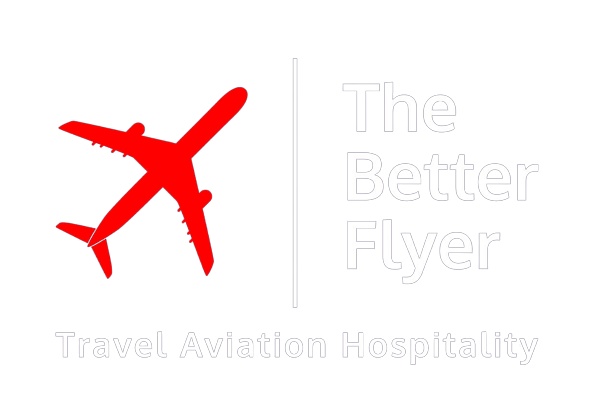
Air traffic controllers have taken the first steps towards organising their first strike in more than 20 years.
Union Civil Air said it would apply to the Fair Work Commission to authorise a vote in a move that could potentially lead to huge delays and cancellations across airports nationwide.
Controllers are demanding better “work-life balance” alongside improved pay, but Airservices Australia, the government organisation that oversees ATC, insists it has already offered staff a $75 million pay rise comprising 11.2 per cent over three years.
It significantly comes after aviation rescue firefighters, also overseen by Airservices, confirmed they would take industrial action, including an overtime ban, from 5 April.
“Airservices was clearly warned on multiple occasions about the white-hot anger and despair that exists among employees due to the torrid workplace environment, and the appetite to pursue further action if claims were not met,” Civil Air’s Peter McGuane told The Australian.
“They chose to ignore these warnings.”
The union said it’s also seeking a 15.4 per cent superannuation contribution to its members but is only being offered 11 per cent.
A note to members added that the deadlock hasn’t been broken despite 14 meetings with management since November.
“Airservices is not interested in actually considering our claims as serious items proposed by our members, and still believe that they are ambit,” the memo read.
Last year, Qantas, Civil Air, and the Australian Federation of Air Pilots all insisted Australia lacked enough air traffic controllers following staff leaving during COVID-19.
However, Airservices argued last month its service is now improving as more staff begin to become operational.
In its February 2024 Australian Aviation Network Overview report, the air traffic management body found that only 1.3 per cent of flights for the month were affected by ATC capacity constraints, the lowest level in 10 months, with 6 per cent of arrival cancellations also attributable to Airservices.
The trend for ground delays attributed to Airservices also continued to decline, dropping 4 percentage points from 12 per cent in January and 16 per cent in December.
Airservices also previously said it is continuing to invest in enhancing its service resilience by recruiting trainees, with 80 new air traffic controllers due in the 2024 financial year.
“All steps are undertaken to minimise variations to published services and limit those that cannot be avoided to shorter and low traffic periods,” it said.
Air traffic controllers last took industrial action in 2002, and prior to that, 1977.

